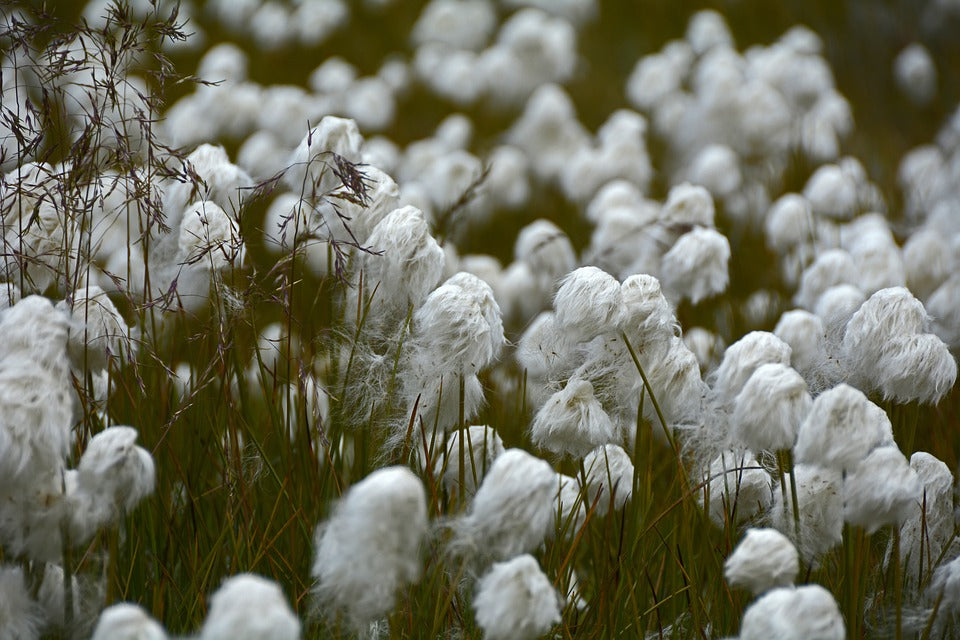Which Is the Best Cotton in the World?
Egyptian cotton has an established reputation for being the best cotton in the world. Its softness, strength and premium characteristics only prove the title of Egyptian cotton as being the world’s best. Giza cotton is a type of high-end cotton that’s grown and harvested in the Middle East. It is a type of Egyptian cotton and is unique in the sense that it’s grown and harvested close to the Nile river, giving it some unique qualities that simply aren’t found elsewhere.What is Egyptian Giza Cotton?
Egyptian Giza cotton is a type of cotton that is harvested close to the Nile river. Its superior quality lies in the environmental conditions surrounding the region in which it is grown and harvested. The Nile Delta offers the perfect amount of sunlight, humidity (moisture vapor in the air), and nutrient-rich soil to stimulate cotton growth. It’s a perfect combination that helps the cotton plant grow to become a spectacular specimen. The Nile Delta, of course, is a triangular-shaped area in which the Nile River forks opens. It’s so large that astronauts can even see it from space. As all deltas, the Nile Delta is a lush environment that’s never short of water. This is somewhat unique in the Egyptian region, as many other areas suffer from long spells of dryness and drought. With the Nile Delta’s ever-moist characteristics, however, it serves as the perfect environment in which cotton and other plants can grow. Depending on the season, it typically maintains a 60 to 70% relative humidity. This means the air is 60 to 70% filled with moisture vapor. Making humidity in the Nile Delta is just right for Giza.Is Giza Cotton the Best Cotton?
Because of the special environmental conditions, Giza cotton is grown in and its superior qualities of softness and breathability among many other qualities, it really makes it the best type of Egyptian cotton in the world. There are a few things you should know before you go shopping for Giza. First and foremost, some companies may attempt to sell your “regular” cotton that’s labeled and marketed as Giza. This scam has been going on for years, and unfortunately, there’s no end to it slowing down anytime soon. As a consumer, you need to choose the companies from whom you buy carefully. Avoid fly-by-night companies with little-to-no reputation, and instead, choose a trusted and reliable vendor like StudioSuits. With StudioSuits, you can rest assured knowing that any product labeled with “Giza cotton” is genuine and authentic. You can also expect to pay more for genuine Giza cotton than traditional cotton, but this is one instance in which the saying “you get what you pay for” holds true. This type of cotton comes all the way from Egypt, therefore, it takes a substantial amount of time, work and energy to produce it. Farmers must carefully grow this type of cotton, and nurture the plant through maturity. Once the plant has matured, the cotton is carefully harvested, processed and shipped to various distribution centers throughout the world. It’s a time-consuming and methodical process that’s needed when producing it. As such, it tends to cost more than conventional cotton. With that said, most people will agree that it’s well worth the investment
There are a few things you should know before you go shopping for Giza. First and foremost, some companies may attempt to sell your “regular” cotton that’s labeled and marketed as Giza. This scam has been going on for years, and unfortunately, there’s no end to it slowing down anytime soon. As a consumer, you need to choose the companies from whom you buy carefully. Avoid fly-by-night companies with little-to-no reputation, and instead, choose a trusted and reliable vendor like StudioSuits. With StudioSuits, you can rest assured knowing that any product labeled with “Giza cotton” is genuine and authentic. You can also expect to pay more for genuine Giza cotton than traditional cotton, but this is one instance in which the saying “you get what you pay for” holds true. This type of cotton comes all the way from Egypt, therefore, it takes a substantial amount of time, work and energy to produce it. Farmers must carefully grow this type of cotton, and nurture the plant through maturity. Once the plant has matured, the cotton is carefully harvested, processed and shipped to various distribution centers throughout the world. It’s a time-consuming and methodical process that’s needed when producing it. As such, it tends to cost more than conventional cotton. With that said, most people will agree that it’s well worth the investment


